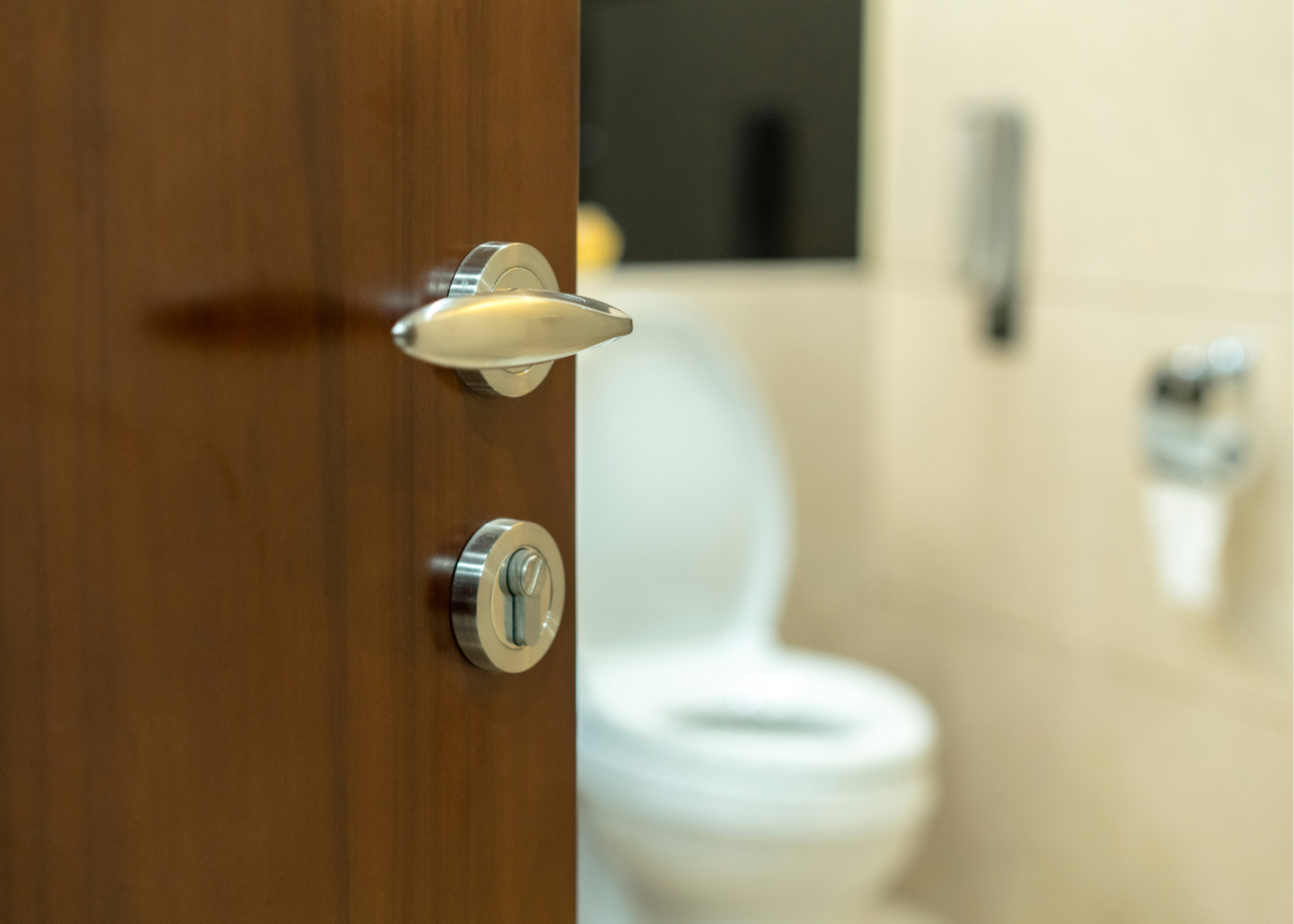When Is Toilet Training Not Toilet Training?
September 23, 2020

Bobby Newman, Ph.D., BCBA-D, LBA, Proud Moments ABA
“Nothing is ever what is seems to be, but everything is exactly what it is” ~ Dr. Buckaroo Banzai
It’s funny, when we wrote essays in elementary school about what we wanted to be when we grew up, I never noted that I would like to spend a great deal of time conducting toilet training. But here we are. During my career working with children and young adults on the autism spectrum, I have spent countless hours engaged in toilet training. In most of those cases, actual toilet training was not the issue at hand: difficulties using the toilet were actually the result of some other difficulty, manifesting itself as a toileting issue. Some examples included:
- A learner who would only use the toilet on particular days/times due to a scheduling obsession.
- A learner who would avoid the toilet due to a phobia of flooding the bathroom.
- A learner who avoided public toilets due to the unpredictable noise of automatically flushing electric toilets and other people unpredictably activating loud hand dryers.
- A learner who had developed a ritual of eliminating in a diaper and would hold it in until someone supplied that diaper. He would ask for the diaper in full, clearly spoken sentences.
- A learner who would have accidents in order to create social interaction opportunities with his father.
- A learner who would use the toilet appropriately, but would also engage in behavior such as urinating into the receiver of the phone to attract attention.
This discussion brings us back to something that is well known in the field of Applied Behavior Analysis (ABA): in order to effectively manage a behavioral difficulty, we must understand the function of the behavior being targeted for improvement. Treatment plans are based on the function of the behavior in question, and doing a detailed assessment of the behavior and its functions and causes is what allows a therapist to create an individualized treatment plan that is set up for success. Looking at the above examples, suppose I was attempting to teach a learner whose toileting issues were rooted in a phobia of noises, to use the bathroom by addressing his scheduling obsession. We can all reasonably assume that my treatment plans would fail miserably.
With all this in mind, it is crucial to gather as much information as possible prior to designing one’s toilet training procedure. If a learner has never appropriately used the toilet at all, for example, he or she may require training from the beginning. If there are particular ways in which the learner usually goes to the bathroom, however, that may suggest a very different function. Learners who use the toilet appropriately, but also engage in attention-seeking behaviors that interferes with the proper use of the toilet, will need to follow a treatment plan that addresses these attention-seeking behaviors. Doing a “toilet training basics” program in these cases would be clinically useless, if not counter-productive by teaching that toileting concerns are a great way to get attention.
A well-trained Board Certified Behavior Analyst (BCBA™) or Licensed Behavior Analyst is trained in systematic methods to determine the function of behavior. Employing such a person to design, and likely carry out the initial stages of, a treatment plan is a smart move. Once that plan has been implemented, it is crucial that everyone in the learner’s life learn it and take part to ensure generalization of skills – meaning ensuring that the learner will do the desired behavior regardless of setting or presence of certain individuals.
So in summary: Toilet training efforts are often quite intensive, but they are always worth it.
Suggested Reading
Cicero, F. (2012). Toilet Training Success: A Guide for Teaching Individuals with Developmental Disabilities. New York: DRL Books Inc.
Hanley, G.P. (2012). Functional assessment of problem behavior: Dispelling myths, overcoming implementation obstacles and developing new lore. Behavior Analysis in Practice, 5(1), 54-72.
Newman, B. & Reinecke, D. R. (2010). Behavioral Detectives: A Staff Training Exercise Book in Applied Behavior Analysis. New York: Dove and Orca.
Newman, B., Reinecke, D.R., Cenname, O. & Nill, J. (2017). What the Function: A Guide to Understand the FBA Process. New York: Dove and Orca.
Wheeler, M. (2007). Toilet Training for Individuals with Autism or Other Developmental Issues: Second Edition. Future Horizons.
About Proud Moments ABA
As a behavioral health agency, Proud Moments ABA services children on the autism spectrum from birth to age 21. We offer ABA treatment at home, in school, or onsite in our state-of-the-art facility. Our highly qualified BCBA/LBAs (Board Certified Behavior Analysts/ Licensed Behavior Analysts) possess years of experience and training and utilize their extensive skills to improve social, behavioral and adaptive skills with individually tailored programs of therapy. We offer expert treatment, innovative techniques, and compassionate, child-centered care, scheduled at your convenience.
